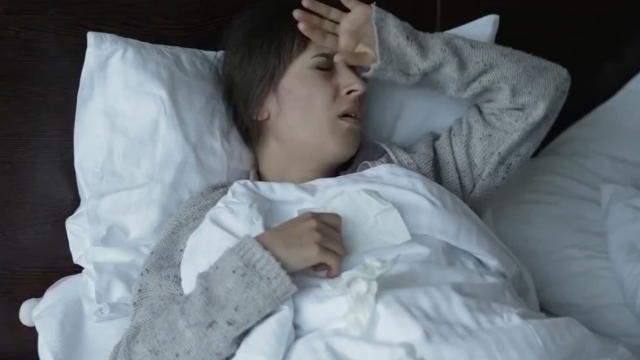COVID-19, influenza and RSV cases are on the rise.
"As we enter the winter months, people are spending more time indoors and we tend to see an increase in respiratory infections," said Dr. Maria van Kerkhove, director of the department of epidemic and pandemic preparedness and prevention at the World Health Organization.
According to the Centers for Disease Control and Prevention, JN.1, the latest COVID variant, makes up more than 44% of all new COVID-19 cases in the country. It's the most contagious of all the variants, however, it comes with milder symptoms.
Respiratory syncytial virus, or RSV, a highly contagious respiratory virus, can become severe in children and older adults.
"In the elderly population, one third of them are actually testing positive for RSV when they're in the hospital" said Dr. Dyan Hes.
Health experts says the best way to prevent these illnesses and reduce the chance of severe disease is to get vaccinated.
"I highly recommend getting the COVID vaccine. Most people are not up to date with their new bivalent booster. And the same thing for RSV. Now, elderly over the age of 60 can get a vaccine for RSV. Most people don't even know that that's available," Hes said.
CDC data shows 43.7% of the U.S. population have received the flu vaccine, 17% of adults 60 and older have received an RSV vaccine and only 18.5% of adults in the U.S. have received the updated COVID-19 vaccine.
SEE MORE: Scripps News Special Report: The Medical Breakthroughs of 2023
Trending stories at Scrippsnews.com



